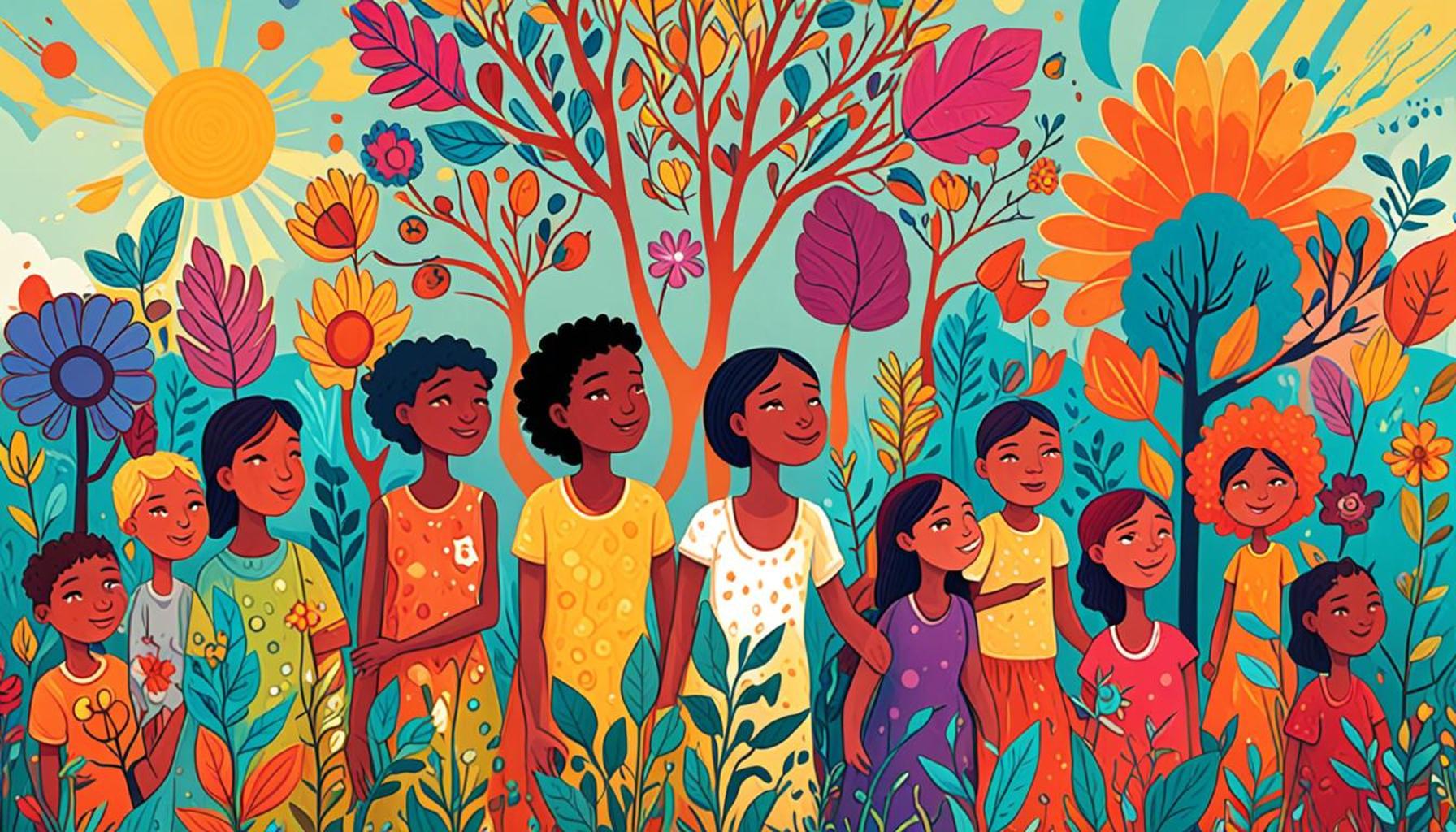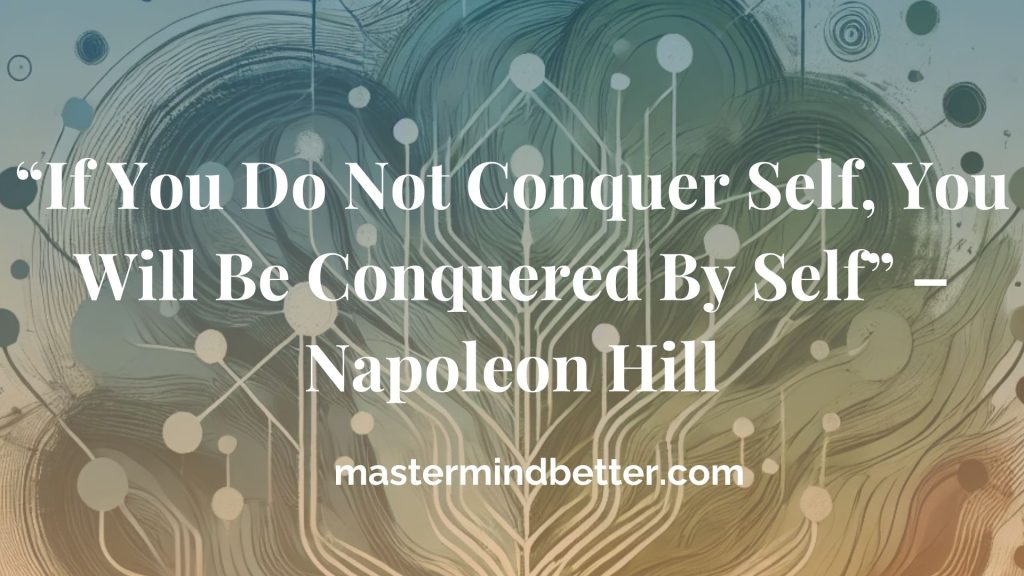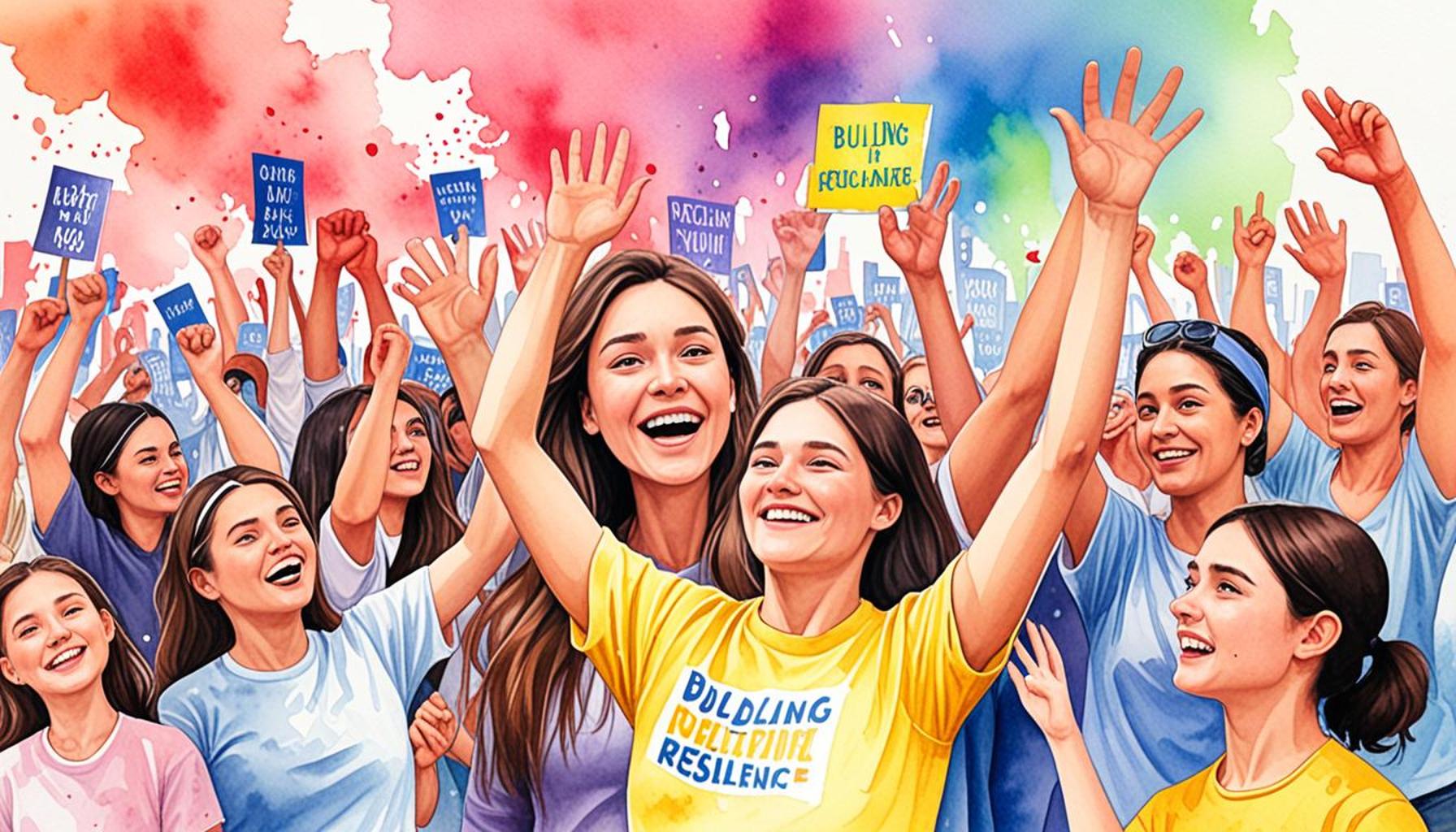Developing Emotional Resilience in Communities: Collective Practices for Growth

Understanding Emotional Resilience
Emotional resilience is the capacity to recover quickly from difficulties and adapt well to change. In a region as diverse and dynamic as Nigeria, this resilience is tested continuously by various factors including economic instability, political turmoil, and environmental challenges such as flooding and desertification. As communities navigate these obstacles, nurturing emotional resilience becomes a fundamental priority, enabling citizens not only to withstand pressure but also to emerge stronger from their collective challenges.
Collective Practices to Foster Resilience
Building a resilient community requires a commitment to collective practices that can significantly enhance well-being. The following initiatives are vital in promoting emotional resilience across Nigerian communities:
- Community Workshops: These sessions can be tailored to address specific local issues, such as managing stress after a natural disaster or coping with economic hardships. For example, workshops led by mental health professionals can equip participants with practical strategies for managing anxiety and stress. These educational encounters can empower community members to share techniques for mindfulness, self-care, and effective communication.
- Support Networks: Establishing strong support networks is essential for sharing experiences and fostering a sense of belonging. Local groups or online forums can offer platforms for discussions about mental health challenges, grief, and the pressures of daily life. By creating safe spaces for expressing vulnerability, community members can build trust, enhance empathy, and develop lasting camaraderie.
- Cultural Celebrations: Celebrating cultural heritage can serve as a rallying point for communities. Events such as the annual Durbar Festival in Northern Nigeria, where local traditions are showcased through vibrant parades and horse riding, or the Lagos Carnival, highlighting the rich Yoruba culture, can foster unity. These gatherings not only uplift spirits but also strengthen social bonds through shared identity and collective joy.
The Collective Impact
Collectively implementing these practices yields a ripple effect that boosts individual resilience and enhances community cohesiveness. Studies indicate that communities characterized by strong emotional networks can weather crises more effectively, bounce back with greater speed, and maintain positive interpersonal relationships despite hurdles. For instance, after facing a period of violent conflict or natural disaster, communities with established support systems typically experience lower instances of depression, anxiety, and overall distress.
As Nigeria continues to confront its myriad challenges, the importance of developing emotional resilience is ever more pertinent. Engaging in these communal efforts not only promises immediate psychological benefits but also ensures a sustainable future where citizens can thrive together, encouraging a culture of support that permeates through generations.
The transformation of communities through these collective actions provides a glimmer of hope, reminding us that together, we can forge a path towards social cohesion and a promising future for all. By fostering environments where emotional resilience is prioritized, Nigeria can lay the groundwork for healthier, happier, and more adaptable citizens ready to face the demands of an evolving world.

YOU MAY ALSO LIKE: Read read another article
Collective Practices to Foster Resilience
Building a resilient community requires a commitment to collective practices that can significantly enhance well-being. In Nigeria, where the interplay of cultural richness and socio-economic challenges shape daily lives, fostering emotional resilience through communal initiatives is not merely beneficial but essential. The following initiatives are vital in promoting emotional resilience across Nigerian communities:
- Community Workshops: Organizing workshops that are specifically tailored to address local issues is fundamental in strengthening emotional resilience. For instance, workshops led by mental health professionals can focus on topics such as managing stress after a natural disaster or developing coping strategies for economic hardship. By equipping participants with practical techniques for mindfulness and self-care, these educational encounters can empower community members to transform their challenges into opportunities for growth. In diverse regions like the Niger Delta, workshops can target issues like environmental degradation, helping residents gain tools to manage both their mental health and community concerns.
- Support Networks: Establishing robust support networks within communities serves as a cornerstone for sharing experiences and fostering a sense of belonging. Local groups or online forums can facilitate discussions around mental health, grief, and daily life pressures. Such spaces allow individuals to express vulnerability, enhancing empathy and building trust among participants. In many Nigerian cities, community WhatsApp groups have become lifelines, providing platforms where members rally around shared experiences and mobilize support for one another during tough times.
- Cultural Celebrations: Celebrating cultural heritage can significantly contribute to emotional resilience by serving as a rallying point for communities. Events like the annual Durbar Festival in Northern Nigeria or the vibrant Lagos Carnival can instill a sense of pride and belonging among residents. These celebrations not only uplift spirits but also strengthen social bonds through shared identity and collective joy. For example, during the Durbar Festival, the sight of majestic horses and traditional attire fosters a feeling of unity and cultural appreciation, reminding participants of their shared histories and resilience.
By incorporating these practices into the fabric of community life, residents can enhance their emotional resilience. The collective impact of such initiatives cannot be overstated; communities that engage in these efforts often exhibit greater cohesion, enabling them to navigate crises more effectively. Studies demonstrate that emotional networks play a crucial role in helping communities recover from adversities, allowing them to maintain positive interpersonal relationships and mental health.
As Nigeria faces multifaceted challenges, the importance of developing emotional resilience through collective practices is increasingly relevant. Encouraging and participating in these communal efforts promise not only immediate emotional advantages but also pave the way for sustainable future growth, fostering environments where individuals can thrive together. This collective endeavor underscores a sense of shared responsibility and interdependence vital for building a robust society equipped to navigate the complexities of the modern world.
Exploring Collective Practices for Growth
As communities navigate through shared challenges, the adoption of collective practices becomes essential in fostering emotional resilience. Engaging in collective practices creates a supportive environment where individuals can share their experiences and vulnerabilities. This sense of shared understanding helps to cultivate stronger connections, ultimately enhancing the emotional stability of the community. By participating in group activities designed to promote well-being, individuals not only grow personally but also contribute to a collective sense of purpose.One notable practice includes mindfulness workshops, which encourage participants to focus on the present moment while sharing their feelings. These workshops can range from guided meditations to discussions about emotional experiences, providing a safe space for emotional expression. Another effective strategy involves collaborative art projects—through painting, music, or storytelling, community members can find healing and connection in the creative process.Moreover, instilling a culture of peer support can significantly bolster emotional resilience. Establishing support circles allows community members to connect regularly, share coping strategies, and provide encouragement. These circles not only aid in emotional recovery but also reinforce a sense of belonging, underscoring the belief that “we are in this together.”In addition to interpersonal activities, there is a growing emphasis on creating safe community spaces. Places where individuals can engage in recreational and educational activities serve as vital hubs for emotional growth. When people come together in a positive atmosphere, they develop a sense of community pride and collective identity that reinforces their resilience.As communities increasingly recognize the importance of developing emotional resilience, exploring and implementing these collective practices can lead to profound transformations. The approach is not merely about surviving through hardships; it is about thriving as interconnected beings who support one another through life’s ups and downs. This belief strengthens the fabric of communities, allowing them to face challenges with courage, unity, and strength.
RECOMMENDED: Check out this similar article
Innovative Approaches to Community Resilience
In addition to traditional practice, innovative approaches are essential for enhancing emotional resilience in Nigerian communities. As the landscape of social interaction evolves, so too must the strategies employed to bolster community strength and unity. Here are some transformative methodologies that hold promise in fostering resilience:
- Art and Creativity Initiatives: Harnessing the power of art can significantly contribute to emotional healing and resilience. Initiatives such as community murals, theater productions, and local art exhibitions encourage expression and collaboration. Projects like the Kalakuta Republic Museum in Lagos, dedicated to the legendary Fela Kuti, showcase how cultural expression can galvanize communities. By providing a platform for individuals to share their stories and experiences through creative outlets, these initiatives foster emotional connections, helping participants process shared challenges while building a sense of unity and purpose.
- Community Gardens: In urban settings where space may be limited, community gardens serve as vibrant hubs of growth, nutrition, and emotional support. By working together to cultivate food, residents not only produce healthy sustenance but also strengthen interpersonal bonds. These green spaces, such as those found in Enugu and Kaduna, create opportunities for learning, sharing knowledge about farming techniques, and discussing pressing environmental issues. Community gardening encourages teamwork and nurtures a spirit of stewardship, reinforcing a community’s collective identity and resilience against food insecurity.
- Intergenerational Programs: Encouraging interactions between different age groups can greatly enhance emotional resilience across communities. Programs that bring together youth and elders to share life experiences foster mutual learning and respect. These exchanges provide younger generations with guidance while also allowing older individuals to impart their wisdom, enhancing social cohesion. For example, initiatives like the Nigeria Youth Service Corps often involve mentorship programs that encourage collaboration across ages, reinforcing community ties and creating a legacy of resilience.
- Digital Platforms for Empowerment: The digital age presents a host of opportunities for building resilience through technology. Online training sessions, webinars, and virtual support groups can extend access to mental health resources beyond geographical limitations. Platforms like Mental Health Nigeria utilize social media to raise awareness, promote resources, and connect individuals with mental health professionals. By leveraging technology, communities can maintain support connections regardless of physical presence, enabling members to share tools for resilience and cultivate emotional well-being remotely.
The infusion of these innovative approaches into community resilience planning not only offers practical solutions but also aligns with the diverse cultural practices inherent in Nigerian society. Collectively, these strategies enrich the support network essential for navigating adversities and crises.
The integration of creativity, nature, mentorship, and technology signifies an evolution in collective practices aimed at developing emotional resilience. By positioning communities as active agents in their growth, these initiatives reinforce the idea that resilience is not solely an individual attribute but a shared community endeavor. With such a multifaceted approach, Nigerian communities can bolster their emotional resilience, ensuring they remain adaptable and cohesive in the face of challenges.
RECOMMENDED: Check out this similar article
Conclusion: A Collective Path Forward
As we have explored, developing emotional resilience in communities is not merely the responsibility of individuals but a shared journey that requires collective practices and innovative strategies. Nigerian communities, rich in culture and diversity, have an incredible potential to cultivate resilience through synergistic efforts. By engaging in creative initiatives that amplify artistic expression, embracing the healing power of nature through community gardens, promoting intergenerational exchanges, and leveraging digital platforms for connection and education, we can forge a robust foundation for emotional well-being.
The essence of resilience lies in the bonds we create and strengthen as a community. It is vital to recognize that these practices do not exist in isolation. They intertwine, fostering a holistic approach to emotional support that is adaptable to the unique challenges faced by various groups within Nigeria. From local artists sharing their narratives to young people learning from the wisdom of their elders, every action contributes to a dynamic tapestry of growth.
Moving forward, it is essential for community leaders, organizations, and residents alike to champion these collective practices. By prioritizing emotional resilience in community planning and activities, Nigerians can better navigate crises and foster a culture of understanding and empathy. Encouragingly, this is not just a vision; it is an attainable goal that requires continued dedication and collaboration. In this pursuit, communities can emerge stronger, united, and more equipped to face the complexities of our ever-evolving world.


